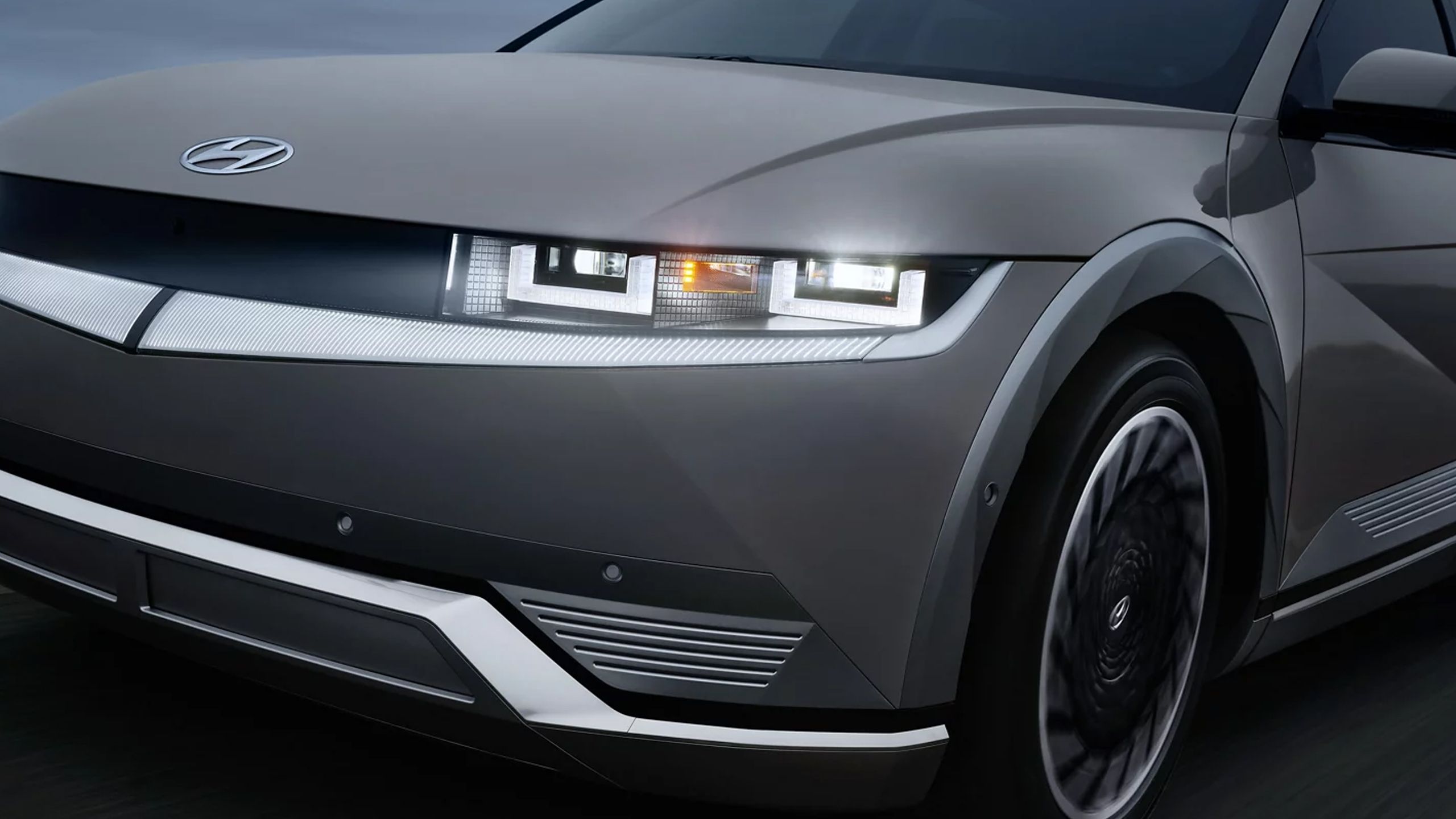Gadgets
Why I think you should buy a pure EV and not a hybrid car?

Summary
- Hybrids are the way to go for maximum range, but EVs can still be quite practical, even for traveling between cities.
- While EVs cost more initially, they’re usually cheaper to maintain and refuel in the long run.
- Research repair options in your area before making a decision. Some EV brands may not be well-supported where you live.
Right away, I’ll confess that my personal preference is for all-electric vehicles, but not always for the practical reasons we’ll cover in a moment. To me, there’s something inherently futuristic about EVs — when I was growing up, they were often dismissed as farfetched, as if we’d be driving fossil fuel cars into the year 3000. And more recent EVs are beginning to look like something out of Minority Report — at least on the inside, with gigantic displays replacing almost every analog dial or button.
I don’t have anything against hybrids, though. Cars like the Toyota Prius helped bridge the market to full EVs, and hybrids continue to make more sense for some car shoppers. If you’re on the fence about buying one or the other, here’s what you need to consider.
Related
Everything you need to know about PEVs, or personal electric vehicles
You can use PEVs to explore, run errands, or speed up your commute.
The range question
Tackling the big one first
The primary reason to buy a hybrid is range. While “mild” hybrids provide only a modest boost over gas-only engines, plug-in hybrids (PHEVs) can potentially go further than any other consumer car. Consider the 2025 Toyota Prius Plug-In Hybrid, which is claimed to get up to 600 miles (965 kilometers) when utilizing both its electric and combustion systems. For comparison, a gas-powered 2025 Honda Civic LX is rated for 508 miles (818 kilometers) of highway-only driving, and much less in city conditions. There’s a reason why every other taxi cab seems to be a Prius — it means more fares between pit stops.
For now, pure EVs just can’t compete. Select models like the Lucid Air and Chevy Silverado EV can hit the 400m (644km) mark, but many EVs are closer to 300 miles, and often less — the base trim of the 2025 Nissan Leaf manages just 149. The 2026 Leaf should finally catch up with the times.
Plug-in hybrids can potentially go further than any other consumer car.
Because of all this, a hybrid is the best choice if your job involves all-day driving, or you expect to make long-distance trips to (or through) places where charging stations are non-existent. The tech may save you time, as well — while it’s common to spend 30 to 40 minutes or more at a charging station, hybrids can run on gas alone if they have to, meaning you’ll keep going after a five-minute fill-up.
That’s not to say EVs are impractical. My 2018 Leaf was more than capable of getting everywhere around Austin, as long as I plugged it in whenever I got home, and paid for the occasional station visit when there was heavy use. I was even able to drive to San Antonio and back using an EVgo stop in between. A car with 200 miles of range could manage that trip uninterrupted, and one with 300 miles would have range to spare for the next day’s commute. I would, certainly, prefer an EV with 300 miles or more if I wanted to make cross-country treks in Canada or the US, especially given range drops in freezing weather.
An EV is often ideal for city driving if you’ve got a Level 2 charger available at home. Gas engines inevitably have to be filled up at a station every week or two, and at rates far higher than what you pay for electricity.

Related
Why solid-state batteries will revolutionize EVs – and why we’re still waiting
They’re on the horizon, but there’s still some distance to go.
Sticking to the idea of practicality, the simple fact is that EVs require less maintenance. Without a combustion engine, there aren’t any oil changes, spark plugs, or timing belts to worry about, among other things. EVs can still run into mechanical trouble — say if there’s a problem with motors or the brakes — but you can potentially go several years without a service visit. Most of your maintenance is going to be limited to charging, topping up washer fluid, and getting tires inflated, rotated, or swapped.
Hybrids have all the maintenance requirements of a gas-only vehicle with the added complexity of a linked battery system. That battery system usually won’t be an issue, but if you want to reduce possible points of failure, it bears mentioning.
Without a combustion engine, EVs don’t have any oil changes, spark plugs, or timing belts to worry about, among other things.
One downside to EVs
-

 Destination8 months ago
Destination8 months agoSingapore Airlines CEO set to join board of Air India, BA News, BA
-

 Breaking News10 months ago
Breaking News10 months agoCroatia to reintroduce compulsory military draft as regional tensions soar
-

 Gadgets3 months ago
Gadgets3 months agoSupernatural Season 16 Revival News, Cast, Plot and Release Date
-

 Tech News12 months ago
Tech News12 months agoBangladeshi police agents accused of selling citizens’ personal information on Telegram
-

 Productivity11 months ago
Productivity11 months agoHow Your Contact Center Can Become A Customer Engagement Center
-

 Gadgets3 weeks ago
Gadgets3 weeks agoFallout Season 2 Potential Release Date, Cast, Plot and News
-

 Breaking News10 months ago
Breaking News10 months agoBangladesh crisis: Refaat Ahmed sworn in as Bangladesh’s new chief justice
-

 Toys12 months ago
Toys12 months ago15 of the Best Trike & Tricycles Mums Recommend
























